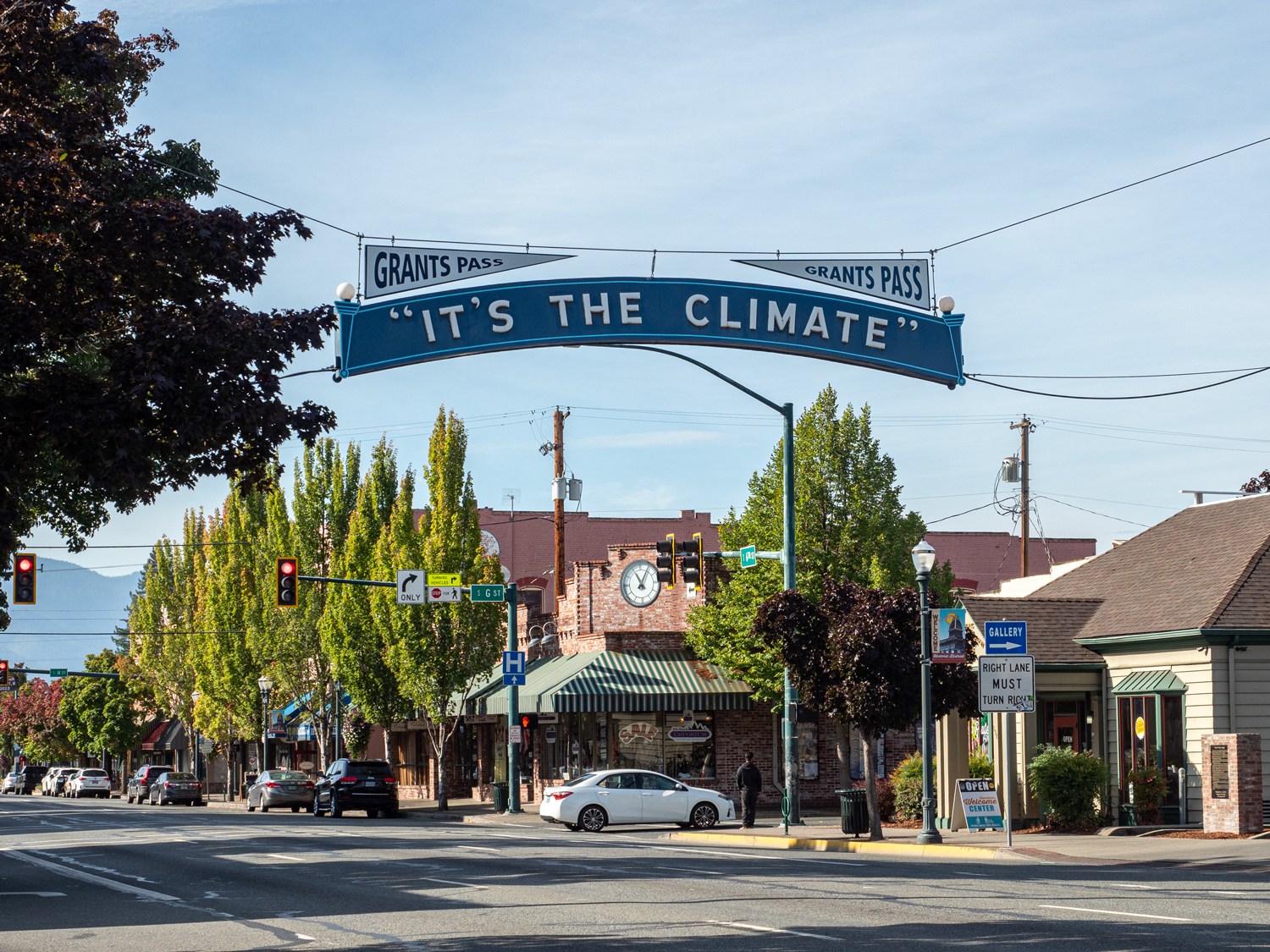By TIM CAMPBELL
The US Supreme Court handed down its decision on the Grants Pass case on June 28.
The 6-3 decision rolled back the 9th Circuit’s Boise and related rulings regarding unhoused peoples’ rights to sleep in public spaces if there are no shelter beds available.
The immediate reactions were pretty much along political and ideological lines; conservatives and moderates applauded the decision while liberals and progressives decried it as criminalizing homelessness.
Surprisingly, the decision elicited different reactions among typically left-leaning political officials. Governor Newsom praised the decision as adding a new and necessary tool to encourage people who would otherwise resist relocation to shelters. Many other Democratic leaders, including San Francisco’s Mayor London Breed, supported the Grant’s Pass decision’s appeal.
Mayor Bass, on the other hand, reacted with near-hysteria, declaring, “Today’s decision is not surprising given the make-up of the Court but disappointing, nonetheless. This ruling must not be used as an excuse for cities across the country to attempt to arrest their way out of this problem or hide the homelessness crisis in neighboring cities or in jail. Neither will work, neither will save lives and that route is more expensive for taxpayers than actually solving the problem.
“The only way to address this crisis is to bring people indoors with housing and supportive services. In the City of Los Angeles, we will continue leading with this approach, which helped move thousands more Angelenos inside last year than the year before. We cannot go backward – we must continue innovating and moving with intention and urgency until every person experiencing homelessness is able to access housing, services and support.”
In short, for the sake of what she regards as the greater good, she will ignore the opportunity Grant’s Pass offers cities to derail the slow-motion train wreck called Housing First. Of course, the Supreme Court’s decision doesn’t advocate “arresting cities’ way out of homelessness.” It merely says cities can prohibit unlimited camping, and require campers to move to designated areas.
The Supreme Court’s decision also overturned other cases that allowed unhoused people to build “reasonable structures” to facilitate sleeping, and that proscribed cities from seizing personal property without due process. The practical effect of Boise and its follow-on decisions was the proliferation of tent and vehicular encampments, the creation of breathtakingly elaborate structures that are often unsafe, and vast mounds of trash cities cannot be removed until they are determined not to be personal property.
More perniciously, it allowed advocate groups to use endless legal maneuvering to delay even the most basic activities, like clearing sidewalks for pedestrians and those with mobility issues. It also buttressed one of the lynchpins of current homeless policy—near-endless outreach to encourage people in camps to voluntarily move into shelters. Dozens of outreach providers are paid hundreds of millions of dollars to create “relationships” with unhoused people, often over months or years. As we can see from the performance reports on the City’s website, most of these programs rarely achieve more than 20 percent shelter/housing rates, while many clients among that 20 percent fall back into homelessness in a short time.
For example, reports show the Highland Gardens transitional shelter moved four people into permanent housing between July 1, 2023 and April 30, 2024. The performance target for the facility is 20 percent of clients moved to permanent housing; at an average of about 104 people per quarter, the provider should have moved at least 21 people to housing. The reports show 55 clients—more than 13 times the number housed—have fallen back into homelessness. For these atrocious performance metrics, the City has paid LAHSA and its providers more than $10.2 million, or about $2.55 million per client housed.
Taking a broader view, we see that five multi-million dollar programs: Bridge Homes and other shelters, Tiny Homes, Safe Parking, Safe Sleeping, and Project Homekey, moved no one into permanent housing for the first three quarter of fiscal year 2023-24. If this is what Mayor Bass calls “innovating and moving with intention and urgency”, we can only wonder what failure must look like to her.
The truth is the City, LAHSA, and advocacy groups have used Boise as an excuse to build a massive—and astonishingly expensive—structure of ineffective outreach and virturally nonexistent services that do little or nothing to reduce homelessness.
In fact, it perpetuates homelessness by refusing to recognize the hard realities of southern California’s unhoused population; that two-thirds of those on the streets have serious substance abuse problems and half have untreated mental illness. The majority of these groups do not want or do not know they need treatment.
Advocacy groups have intentionally mischaracterized limits on camping or hoarding as “criminalizing homelessness” or “hating the poor.” They use emotionally charged—yet morally vacuous—arguments to justify their ideological beliefs that homelessness is a social justice issue rather than one of shelter, treatment, and recovery. Their mantra, “only housing solves homelessness” is discredited by the local government’s dismal record of making housing available, as described in Christoper LeGras’ and Jaime Paige’s superb series on vacant units in Project Homekey buildings.
What truly frightens advocates about the Supreme Court’s Grant’s Pass decision isn’t criminalizing poverty; it is that it undermines the myths they’ve created about homelessness and housing.
To them, the unhoused are little more than useful symbols of economic injustice, and objects to justify a multi-billion-dollar industry that houses a handful of people. A coercive element—even one that merely encourages people to move into shelters where they can receive needed services—is a grave threat to their worldview, so they label it as “hiding the homeless.” The reality is that getting people off the streets robs them of their symbolic value. To advocates, they must be left on the streets until they can be given permanent housing, and any addiction or mental health issues must be dismissed as the result—rather than the cause—of their homelessness.
That is the implied message in Mayor Bass’ defiant message on the Grant’s Pass decision.
The City—and the advocacy network that buttresses its approach—will continue to perpetuate a failed system that dooms thousands of people to a life on the streets, where six die each night. Apparently to Bass, as well as those who support business as usual, the message is more important than giving the unhoused the support they so desperately need.
(Tim Campbell is a resident of Westchester who spent a career in the public service and managed a municipal performance audit program. He focuses on outcomes instead of process.)


